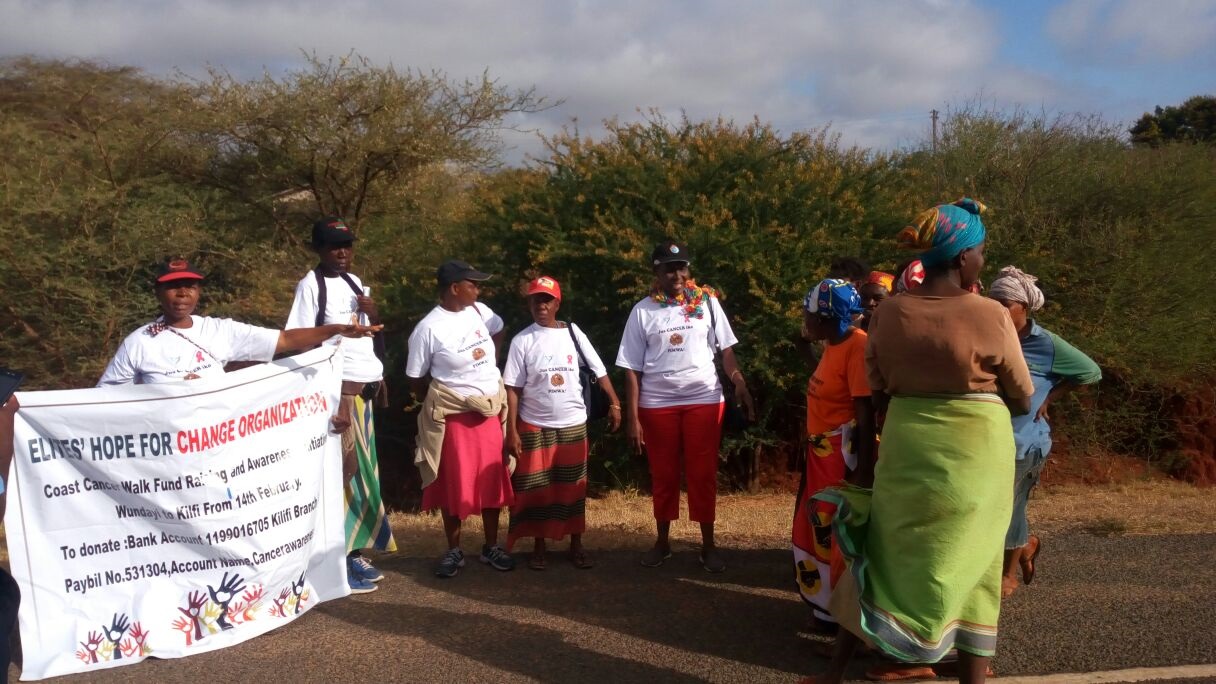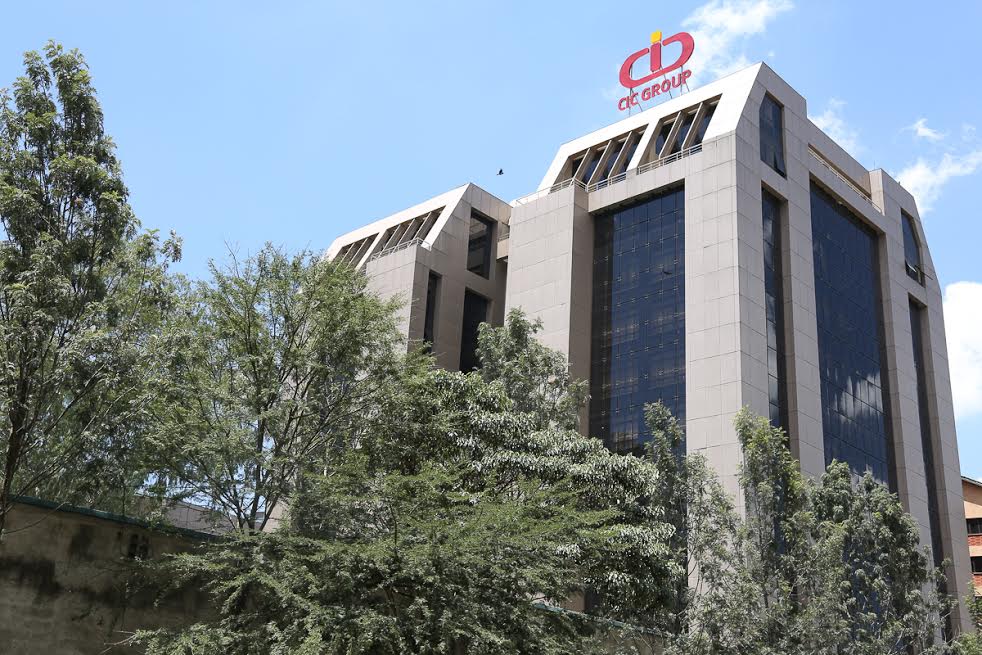[dropcap]I[/dropcap]n February 2013, Florence Oyugi’s cousin in Kibarani, Kilifi County, developed slight headache, stomachache and nausea. His family thought it was a mild bout of Malaria. Attempts to self-medicate failed. When the symptoms became severe, the cousin became convinced he was bewitched.
Encouraged by his neighbours, he sought the services of a witchdoctor who administered a concoction that didn’t work. He visited several other witchdoctors but the promised cure remained elusive.
By the time he went for a proper check-up at Coast General Hospital in 2015, his health had deteriorated severely. Some tests were done and he was diagnosed with malignant esophageal cancer. He died a year later in October 2016. “Had he gone to seek medical help from a proper hospital in 2013, his cancer would have been managed,” said Ms. Oyugi, a far-away look in her eyes.
Such cases of cancer patients seeking help from witchdoctors in the Coast region have been cited as a major impediment to fighting the scourge.
Ms Florence Saumu, the coordinator of Elites Hope for Change, a cancer-awareness lobby group, said the bulk of cancer-patients from poor families are turning to witchdoctors for cure. She notes that professional diagnosis by doctors in hospitals is sought as a last resort after witchdoctors’ have failed.
READ: e-health solutions that’s making treatment enjoyable
Ms Saumu pointed out that high levels of poverty, ignorance and belief in witchcraft drive cancer patients in the region to avoid hospitals where proper treatment is offered. To tackle cancer cases in the six counties in Coast region, Elites Hope for Change has started a campaign to create awareness on cancer and urge locals to go for early testing.
Hope for Change is an advocacy Community Based Organization (CBO) whose members have been affected by cancer. Two of the members are cancer survivors, two others had close family members die from the disease and one is a trained nurse on cancer management.
The group recently met communities in their villages during 234 km cancer-awareness walk from Wundanyi town in Taita-Taveta County to Kilifi town. She said that after her mother was diagnosed with cancer, she was forced to leave her job with the Kenya Medical Research Institute (Kemri) to look after her full-time.
The high cost of cancer treatment forced her to sell their home and assets but the mother died after two years. “I went into depression and attempted suicide twice. Mother was gone and I was millions of shillings in debt,” she recalls.
SEE: Relief for HIV/AIDS patients as more effective drug is found
She said she had vowed to educate other women in the Coast region about cancer to avoid what she went through. She noted that the mortality rate associated with cancer in coast was very high.
In a survey done by the group in 2016 on 77 cancer patients during another walk from Lungalunga to Hola over half of the patients died within the two years. The group’s finding was supported by Ms Lilian Munyesi, a palliative care specialist at the cancer unit in Kilifi Hospital who said half of her patients had died between 2012 and 2016.
Ms Munyesi said the biggest challenge was late diagnosis of the disease due to the cost associated with its treatment. She noted that poor families sought cheaper alternatives for cancer which never worked.
This ultimately led to the death of the patient.
“Cancer is regarded as a rich man’s disease because only they can afford the expenses of treatment and management. Poor people would rather go to herbalist and witchdoctors,” she noted.
The community organisation aims to convince the six county governments in the coast region to adopt a singular cancer management strategy that will be geared towards providing affordable treatment and management for poor patients. Part of the strategy would be to open up a state-of-the-art cancer center at Coast General Hospital for use by poor patients.
The counties will also jointly conduct a cancer survey to collect data on cancer cases in the region. Ms Munyesi pointed out that currently, there was no county that had set aside money for cancer treatment in its budget. She said cancer and related issues were budgeted for under reproductive health that largely targeted women.
Diagnosis saves lives
This meant that men with other forms of cancer except prostate were not covered in the budget. “Cancer needs its own separate budget. The cases are very many but they don’t come to our attention,” she said. The most common forms of cancer in the Coast region include breast, prostate, cervix and esophageal.
Ms. Faith Ngomeni, a member of the CBO and a survivor of cervix cancer, said early diagnosis saved her life. She noted that most women were unwilling to go for tests and dismissed signs that might indicate presence of cancer cells.
She stated that part of the group’s aim was to mobilize women to go for testing at the earliest opportunity possible. “We are telling them never to ignore any sign. A lump, a swelling in their breast-they should get professional help,” she said.













Leave a comment